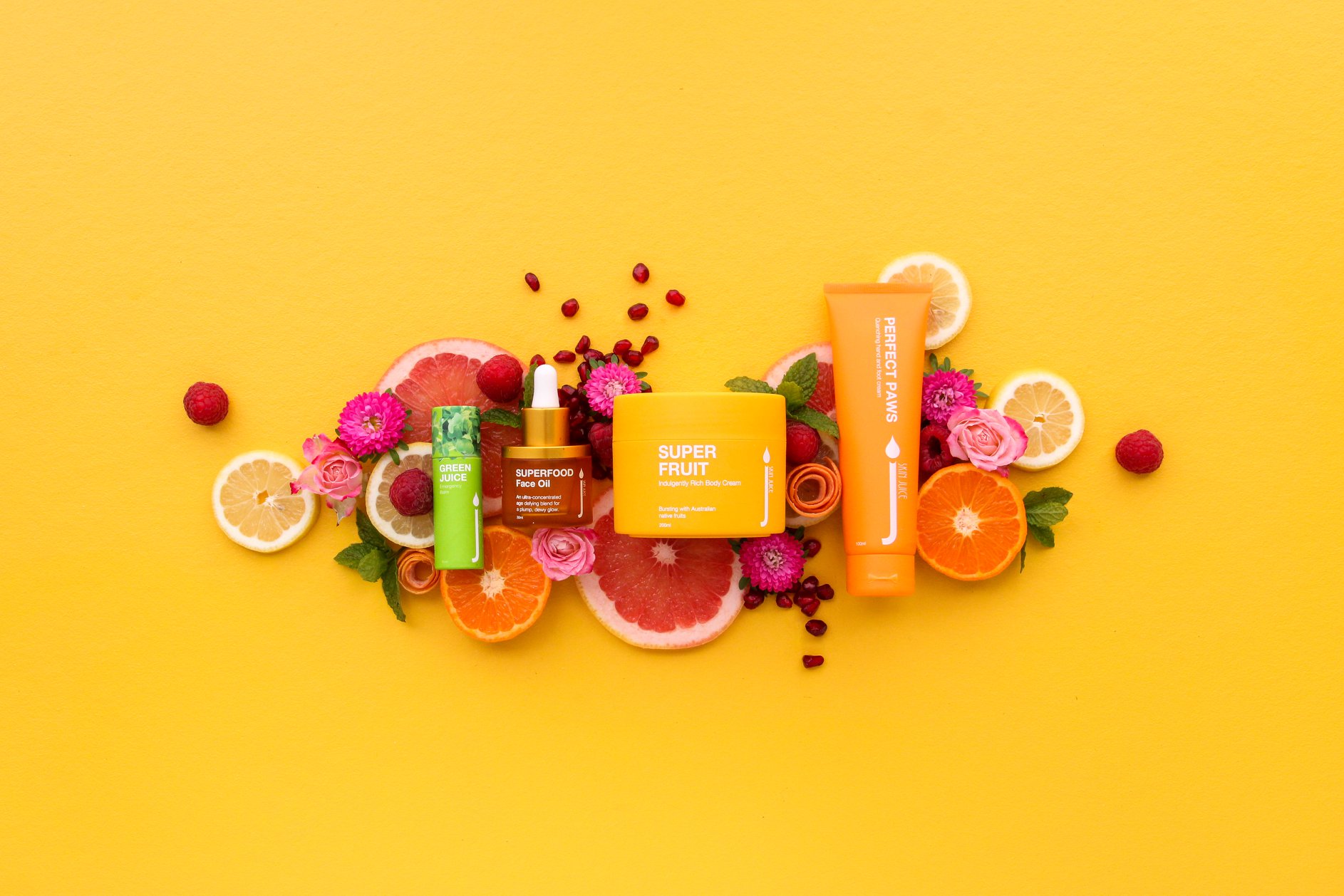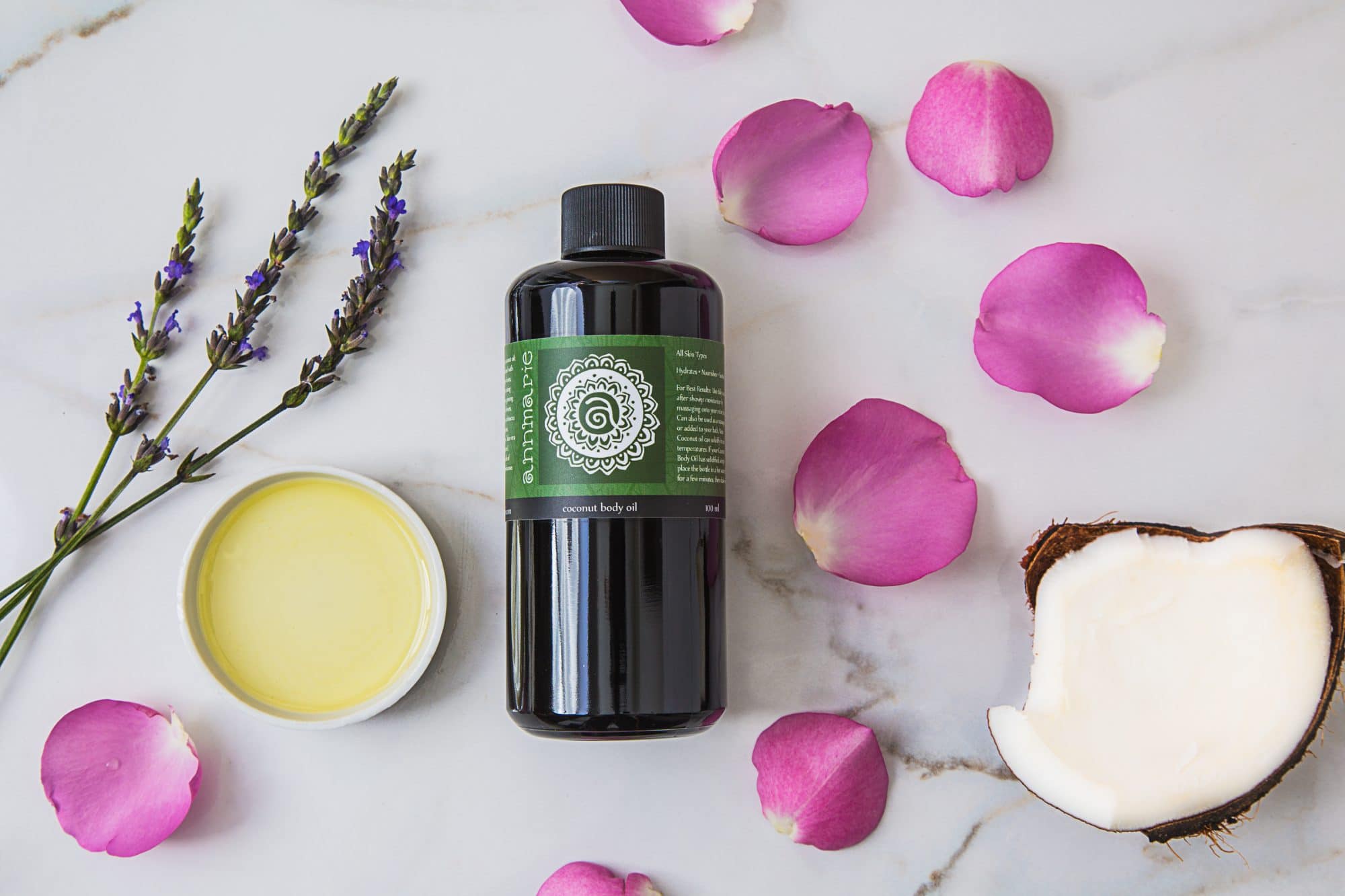In today's fast-paced world, where pollution, and stress, may do some damage to our skin such as accelerating the aging process of our skin. It is the reason why, as individuals, we should be careful about what enters our body, but also what products we put on our skin, and the most important is to prevent any upcoming inconvenience. Fortunately, organic skincare products made their entry into the market from 1972 to now, providing a gentle yet effective road to revitalized and bright skin.
In this article, we will dig into the world of organic skincare product lines, concentrating on moisturizers, serums, and cleansers, and investigate why they have become the go-to choice for those wanting a healthier, more vibrant complexion.
Table of Contents.
- What is an "Organic skincare product line"?
- Moisturizer? The key to hydration
- How does a serum work? And why do I need that?
- Cleanser a must-have.
1. What is an "Organic skincare product line"?



2. Moisturizer? The key to hydration
Moisturizers are one of the main components of any skincare routine, and when they're organic, they take nourishment to a whole new level. But first, what is a skincare routine? A skincare routine is a set of steps that you follow to take care of your skin. It usually involves cleansing, toning, moisturizing, and applying other products that target specific skin concerns. Some skincare can be longer than, or shorter with only 3 steps. It will depend on the needs of the person, for example, if you have acne, you will have 1-2 more products to apply (to treat your acne) in comparison to someone who does not have acne-prone skin.
Organic moisturizers are rich in natural ingredients like shea butter, jojoba oil, and aloe vera. These ingredients not only provide hydration but also help to lock in moisture and create a protective barrier against environmental stressors. One of the key advantages of organic moisturizers is their ability to adjust and cater to a wide variety of skin types (dry, oily, sensitive skin). Organic options are often free from the heavy mineral oils and silicones found in conventional products, allowing your skin to breathe and thrive.
Here is a list of organic product lines that we recommend:
- True Botanicals: https://truebotanicals.com/collections
- Cocokind: https://www.cocokind.com/
- OSEA: https://oseamalibu.com/
3. Cleanser a must-have
Cleansing is the first step of your skincare routine, and organic cleansers offer a gentle yet effective way to purify your skin. Conventional cleansers often contain harsh surfactants and chemicals that can strip the skin of its natural oils and disrupt its delicate balance. Organic cleansers, on the other hand, rely on plant-based ingredients to remove impurities without compromising the skin's integrity.
By clicking on this video or this link, you will be able to watch a tutorial about how to use a cleanser in the right way:
Link: https://youtu.be/-SZG0hKt6do?si=260WjRugpxWt-lWr
Here are some key aspects to know about organic cleansers:
- Natural Ingredients: Organic cleansers are formulated with natural and organic ingredients, often sourced from plants, fruits, herbs, and flowers. These ingredients are chosen for their skin-friendly properties and minimal environmental impact. Common organic cleanser ingredients include aloe vera, chamomile, lavender, coconut oil, jojoba oil, and tea tree oil.
- Gentle Cleansing: Organic cleansers are known for their gentle approach to cleaning the skin. Unlike some conventional cleansers that contain harsh surfactants or sulfates, organic cleansers use milder, plant-based cleansing agents. This ensures that your skin is cleaned without being stripped of its natural oils, making them suitable for all skin types, including sensitive and dry skin.
Comments
Post a Comment